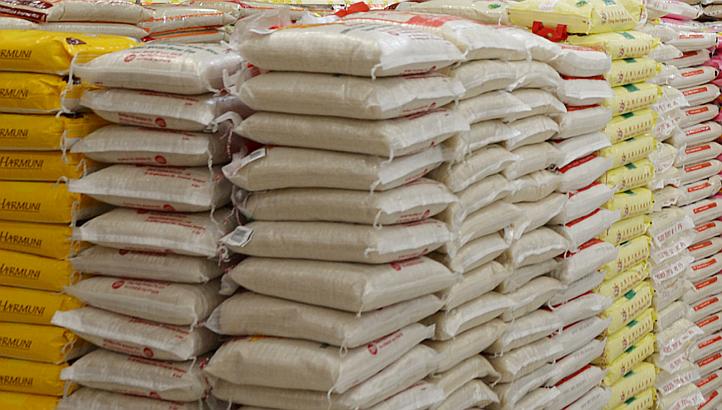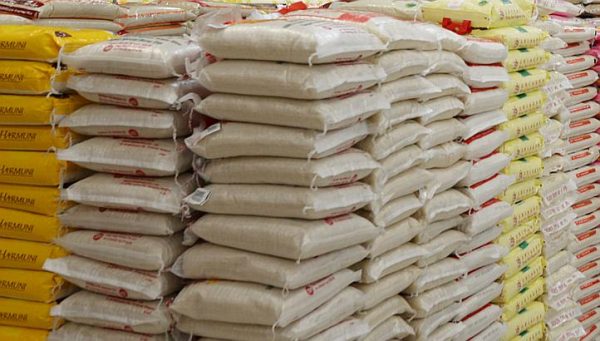Nigeria has held on to its position as Africa’s biggest consumer of rice for a long while. Most of the country’s population considers the product a staple and uses it as an essential component of several dishes. And with over 200 million citizens ingesting the grain in various states, it’s not hard to see why the nation tops the continent in this regard.
But until recently, its rice fields have played second fiddle to those of a country situated some way to the northeast of it. Egypt has sat pretty at the summit of Africa’s rice production ladder, churning out 4.3 million tonnes of the commodity annually.
Earlier this year, news broke of a reversal in these places: Nigeria has now overtaken Egypt to become Africa’s foremost producer of rice by quantity. The information, conveyed in a statement made by Dr. Harold Roy-Macaulay, Director General of the Africa Rice Center, was picked up by sections of the local media and celebrated by the government as a sign that its agricultural policy was yielding fruit.
The latest data for Nigeria’s rice production suggests that it now reaps up to 4 million tonnes of the commodity from its farms. But at first glance, this appears to be lower than Egypt’s current output.
It turns out that while the government of Nigeria was driving hard at its rice farmer support programs, the Egyptians were struggling with the huge amount of water required to sustain the cultivation of the crop in their spaces. The authorities in that country have recently limited the supply of water to the fluid-thirsty grain, in order to guarantee a broader distribution of the scarce resource.
The result has been a plunge in the volume of rice shipped out of Egyptian fields. Production has fallen by almost 40% in the last year. It’s not certain that it will be picking up significantly anytime soon.
Meanwhile, policymakers in Nigeria continue to blow the trumpets of triumph over the bags of rice being collected at its processing centers. They say that the government’s lending programs and other forms of assistance given to the crop’s growers have boosted their production and encouraged more persons to get involved with cultivating it. According to them, these interventions have saved Nigeria over $800 million in foreign exchange over the past couple of years.
While the present administration gloats over the apparent success of its strategy in the sector, analysts say that there’s more work to be done. Imports have fallen by a fair measure, but anecdotal evidence points to an increase in the volumes of the product being smuggled into the country from neighboring countries. This persists partly because the supply of rice still falls short of the demand for it.
It’s hoped that in the coming years, the gains that have been made by Nigeria in rice production will be strengthened and that it would eventually become a net exporter of the commodity if it has a comparative advantage in the production of the crop.
Reference
The Nation Online NG
Featured image source: The Market Food Shop


